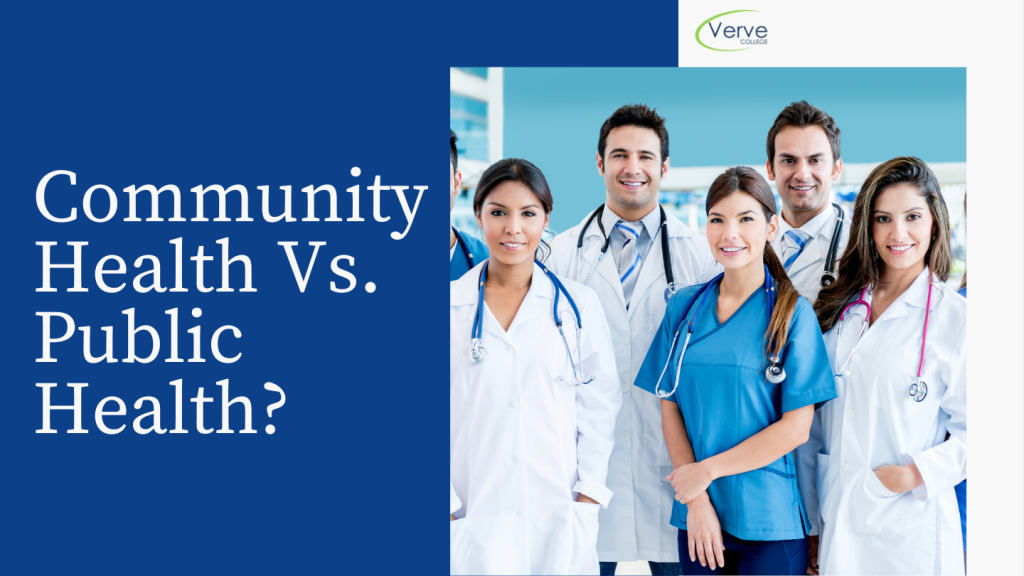- Oak Brook:(630) 705-9999
- Chicago:(312) 920-8822
- Email:inquiry@vervecollege.edu
- Make a Payment
- Home
- Programs
- Admission
- Resources
- ATI Entrance Exam Resources
- New E-Digital Library
- Refer a Friend
- School Newsletter
- Events
- Employers
- Job-Network
- Alpha Beta Kappa Candidates
- Verve College Library
- Graduation and Pinning Ceremony Photo Galleries
- Textbook Information
- Career Services
- Tutoring
- School Catalog
- FAQ
- Constitution Day Program
- Alumni
- Verve College Plans
- Financial Aid
- HEERF Reporting
- Satisfactory Academic Progress
- Apply For Financial Aid
- Net Price Calculator
- Return of Title IV Funds (R2T4)
- Financial Aid Office Code of Conduct
- Contact
- FAQs
- Verification Policy
- Vaccination Policy
- Student Right-to-Know Act
- Misrepresentation
- Information Security Program
- Academic Award Year
- Availability of Employee
- Cost of Attendance
- Health & Safety Exemption Requirement
- Students Rights and Responsibilities
- Leave of Absence
- Pell Formula
- Military Students
- Grants/ Scholarship Policy
- Contact Us
- Login
- Testimonials
- Blog
Is a Nursing Career Right For You?
Take The Free Quiz
How Does Community Health Differ from Public Health?
How Does Community Health Differ from Public Health?
Public health and community healthcare professionals play an essential role in healthcare delivery, providing high-quality health services to the general population. They aim to enhance community well-being. Both fields share a mutual commitment to reducing health disparities and expanding access to care. Yet, each has different approaches that must be considered when approaching public health issues.
Healthcare professionals are in high demand as the industry quickly expands. U.S. Bureau of Labor Statistics reports that the healthcare industry is predicted to experience 15% compound annual growth between 2019-2029 – much faster than average due to aging populations and growing health care needs. Over the next 10 years alone, this growth will create approximately 2.4 million new jobs – providing excellent options to make a career in nursing and job security for incoming professionals. As healthcare expands, so do administrative positions capable of creating effective healthcare plans. Let’s examine the difference between community health and public health.
Community health and public health professionals make an invaluable contribution to healthcare by tackling the root causes of poor health outcomes – social, economic, and environmental issues – which lead to negative health outcomes. They design interventions specifically targeted toward these issues that help address them directly. Nursing courses of night and weekend nursing programs could make a substantial difference by giving aspiring healthcare professionals more flexible options to obtain education and training, increasing healthcare availability during non-traditional times.
Public Health
Public health refers to the protection and promotion of individual health and community wellness in an integrated fashion, drawing together knowledge from multiple health disciplines, including epidemiology and biostatistics.
Public health nursing professionals aim to prevent chronic disease transmission in their respective populations – neighborhoods or nations. They analyze and track data to detect trends and outbreaks, identify risk factors, and develop interventions to stop their spread in the healthcare field.
Public health professionals take an active approach to healthcare. They ensure people access to safe housing, clean water, and nutritious food. Furthermore, public health professionals develop campaigns to educate the public on healthy living through regular exercise and good hygiene.
Public health aims to understand how diseases spread of disease in certain populations, particularly after an outbreak. This requires identifying a source, tracking its progress, and designing interventions that will prevent recurrences of such epidemics.
Community Health
Community health aims to ensure the overall well-being of a local population. In this approach to healthcare, the health of people is defined as physical, mental, and social well-being rather than simply the absence of disease. Professionals working in community health strive to identify and mitigate factors that impede its implementation in local areas.
Community health nurses & professionals strive to eliminate disparities caused by historical responses that were unfair and inadequate, such as poor urban planning, poverty, and unaffordable healthcare. By studying resources and living conditions of various populations within the U.S. and helping create more equitable and cost-effective healthcare services, Community Health Professionals also collaborate with local communities to identify causes of poor health to develop solutions – improving the availability of healthy foods in food deserts or designing programs providing safe areas for physical activity in areas without parks or recreational nursing long-term care facilities for instance. So, there is a basic difference between community health and public health in a variety of healthcare settings.
In Conclusion
Become a professional nurse by enrolling in a hybrid program and learning how to provide preventive care in a clinical setting to advance your nursing career. A diploma program from Verve College helps prospective students to enhance their knowledge and skills to implement successful hybrid practical nursing program and stay abreast of new research trends and technologies. Taking an associate program would also be worthwhile if this is something new.
 Sign up
Sign up Login
Login




